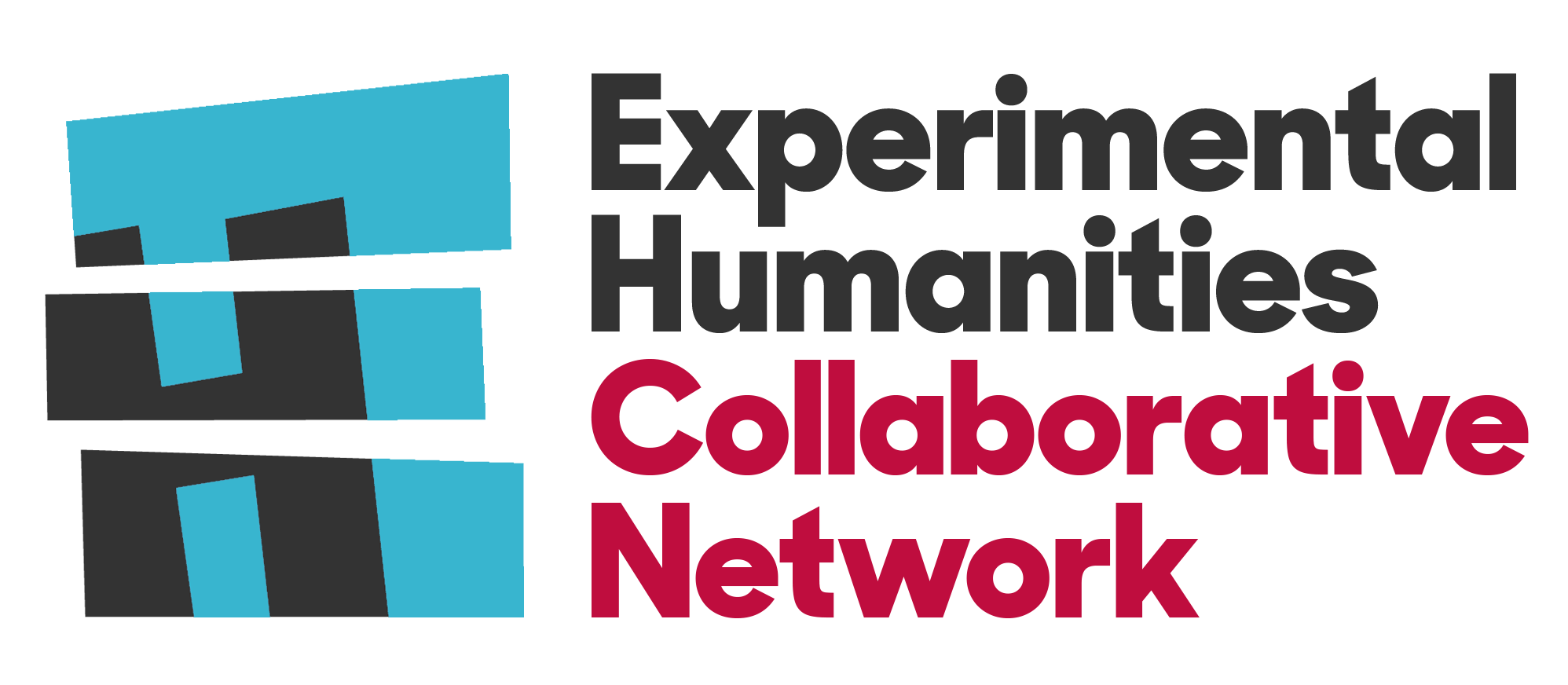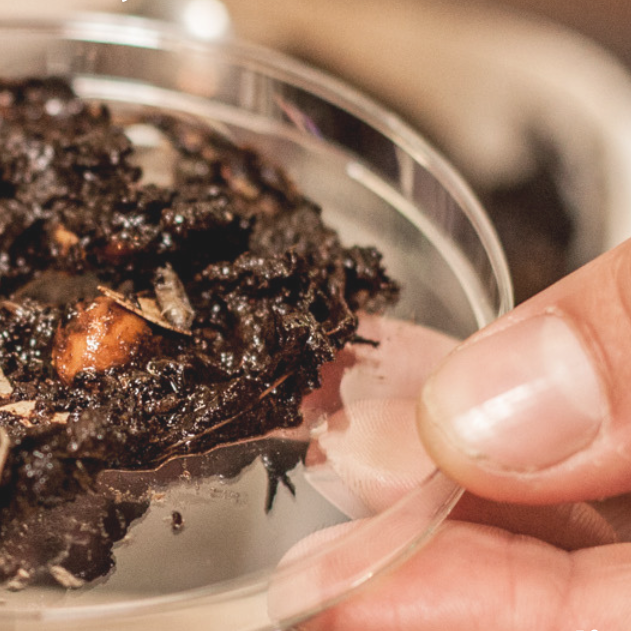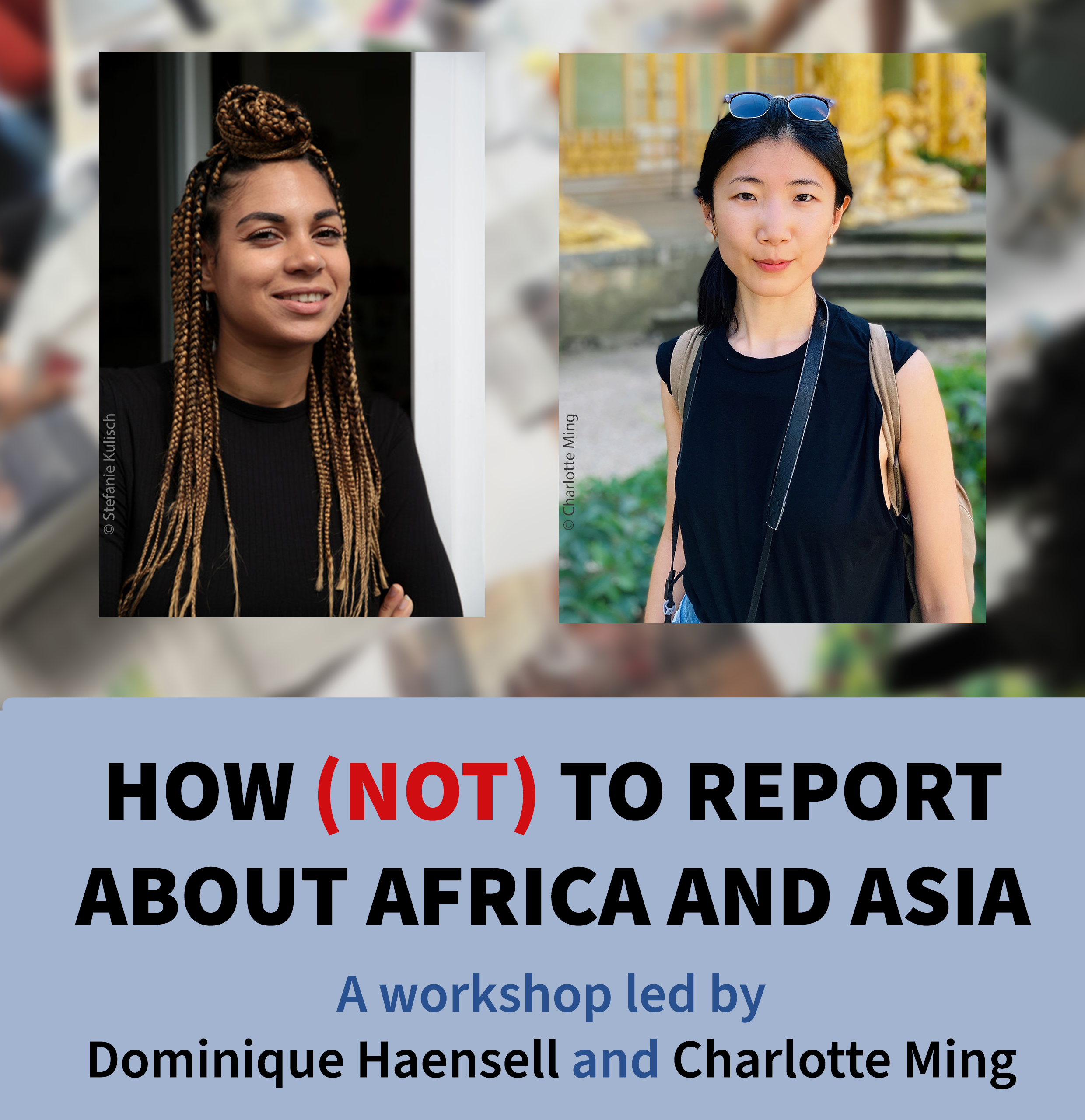Welcome to The Experimental Humanities Collaborative Network
Bard College Berlin
Berlin, Germany
Bard College Berlin is an accredited German-American university that offers intensive, transdisciplinary education in the humanities and social sciences. The student body is highly international and diverse in terms of geography, culture, class, and economic background and meets with faculty in small seminars taught in English. An emphasis on critical thinking, intellectual ambition, creativity, and the connection between life in and outside the classroom is a fundamental feature. Qualifying students can earn both an American and a German BA degree.
EHCN Representative: Bard College Berlin Janina Schabig is a Lecturer and the Technical Manager for Audiovisual Media at Bard College Berlin. She facilitates student productions and leads workshops in photo, video and sound design and teaches an Introduction to Filmmaking class at the college. Agata Lisiak is Associate Professor of Migration Studies and Academic Director of the Internship Program at Bard College Berlin. She works at the intersections of migration studies, urban sociology, visual cultures, and gender studies, and has published internationally on urban girlhood, migrant motherhood, migrant femininities, cultural memory, and walking in the city, among other topics, with The Feminist Review; European Journal of Cultural Studies; Families, Relationships, and Societies; City: analysis of urban trends, culture, theory, policy, action; and other academic journals and collected volumes. With MA degrees in International Relations and Literary Studies, and a PhD in Media and Cultural Studies, Agata has held visiting fellowships at National Sun Yat-sen University, The Open University, and the University of Birmingham, and was a Marie Curie Actions fellow at the Institut für die Wissenschaften von Menschen in Vienna (2013–2014). She has also worked in the cultural sector as a project coordinator and curator for, among others, Berlin’s Haus der Kulturen der Welt. Agata is currently working on a book and a podcast on politics, space, and power.Janina Schabig
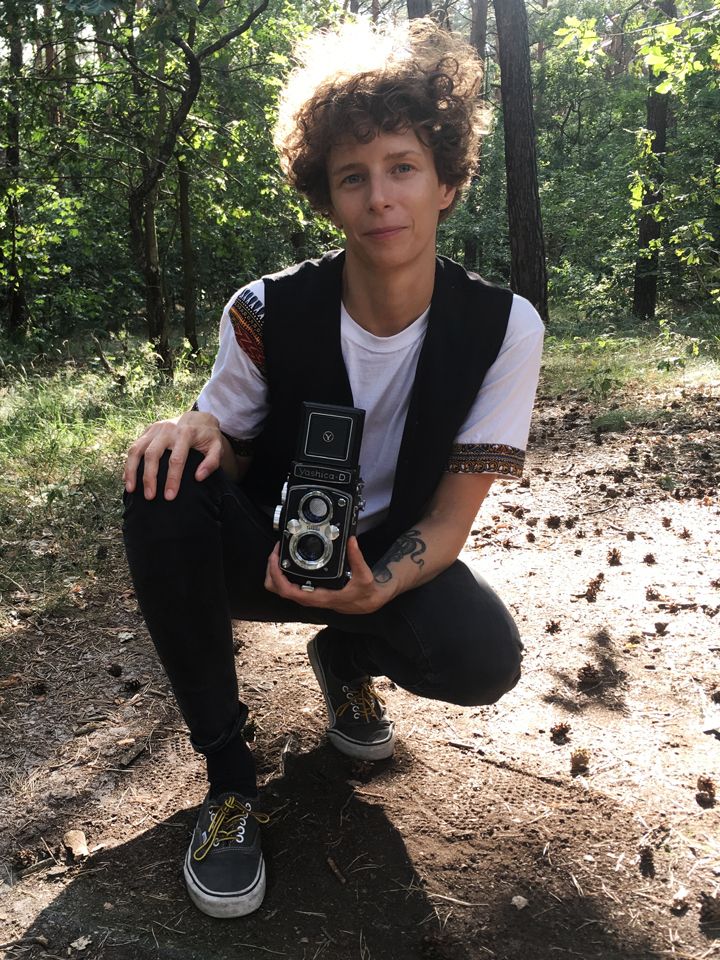
Agata Lisiak
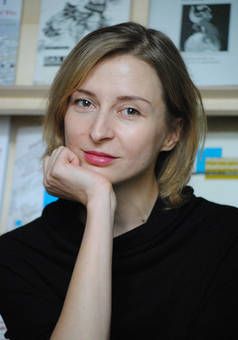

Featured Projects

Rosa Luxemburg’s Seed Bombs Project
Inspired by exchanges with EHCN colleagues over the years, particularly Vivien Sansour’s work, this project engages with questions of political ecology with focus on the social life of plants. In addition to Agata’s theoretical exploration of Rosa Luxemburg’s work, this hands-on component aims to rethink the famed socialist revolutionary’s herbarium as a manifestation of plant companionship, that is, a practice of noticing plant life and acknowledging it for what it is, caring for and about it, protecting and defending it, and remaining humbly open to what we do not (yet) know about it. Plant companionship requires maintenance and care, always, but especially in dire conditions including political and economic crises. Having identified several medicinal plants from Luxemburg’s herbarium that are native to Berlin, Agata purchased their seeds and planted them on her balcony and also, together with a friend, made seed bombs from organic soil and clay. Once dried, the seed bombs were then packaged into small boxes and gifted to artists, educators, activists, students, and others whose work, in one way or another, is rooted in the practice of solidarity and care. In the process, a community of plant companions is developing. While each participant observes how the plants grow in their respective location (from Amsterdam to Warsaw to Beirut and beyond) and shares documentation with Agata, their exchanges about the plants also open up questions of political ecology, community, resistance, and healing. As the plants will produce their own seeds, the project is open-ended.
Project leaders: Agata Lisiak

Plants Research and Training
In the course of the past few semesters we have invested in event and workshop series focusing on ecology, plant knowledge, and solidarity. This research & professional opportunity enables Janina to pursue further hands-on training in the field of plant science in order to offer more plant-related EH activities on our campus in the future. The training is provided by the local “Gundermann Schule” and focuses on learning about plant families, their individual agents, their characteristics and substances, and finally passing on this knowledge to BCB students and faculty with community-centered pedagogical methods such as foraging and cooking with wild herbs or creating “living archives”. As part of the training Janina also started to create an herbarium with local plants. This herbarium will later live on at BCB’s library and hopefully turn into a large resource of local plant knowledge in the years to come. Additionally, Janina has been attending free herbarium workshops at the Spore Initiative in Berlin and connecting with other educators and community leaders who engage with plant life.
Project leaders: Janina Schabig
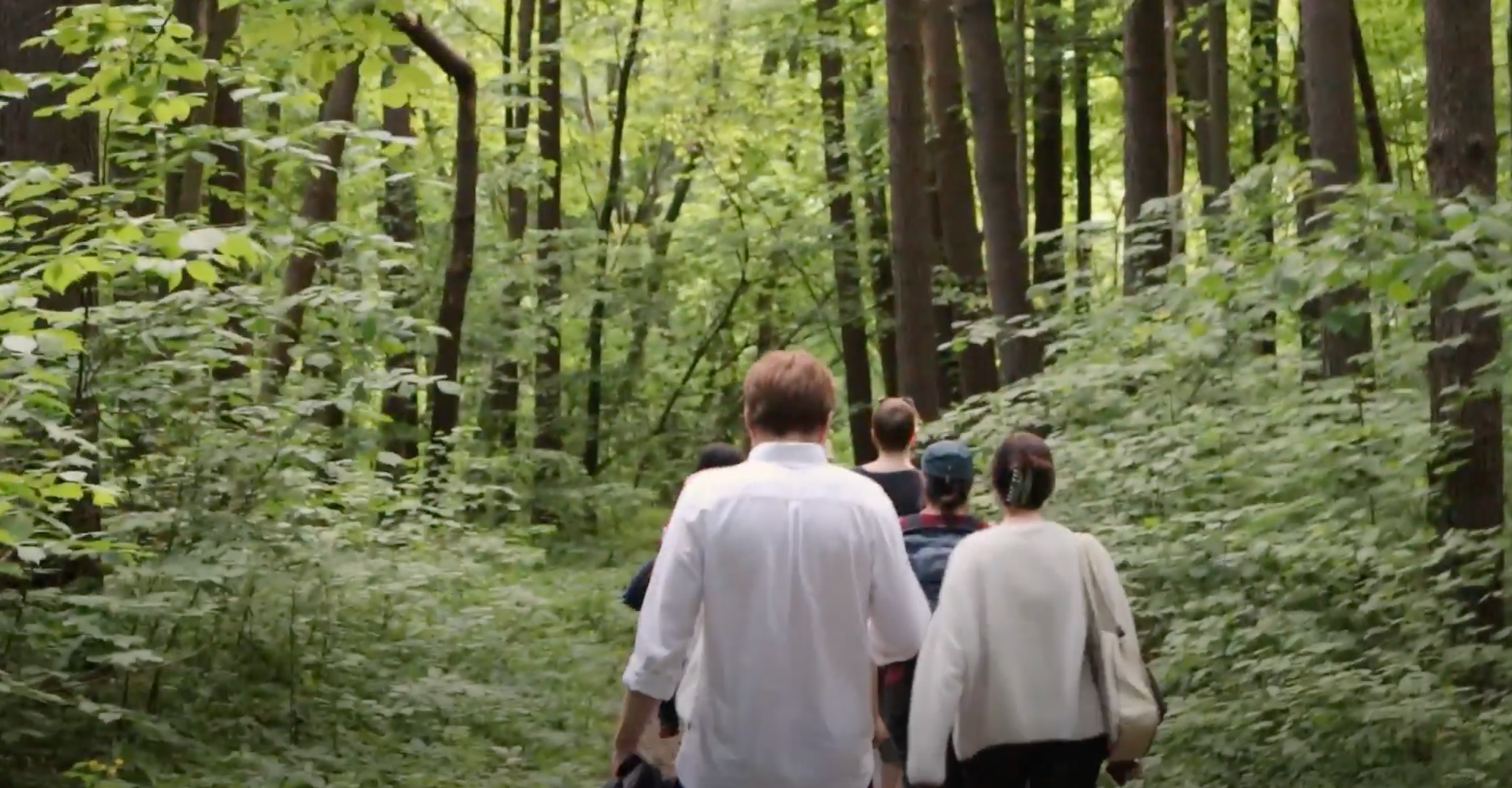
Generator Project
The Generator Project is a multi-sited, multi-campus, and multi-disciplinary seminar on energy justice, culminating in a field school experience. We envisioned it as a response to the ongoing challenges regarding energy generation and distribution, including the creation of sustainable, resilient, and equitable systems. However, we also wanted students to reflect on their own energy landscapes, while also being exposed to different cultural contexts of energy production, to better understand commonalities and differences.
The Generator Project builds on interdisciplinary expertise and experimental teaching and research methods to generate:
- awareness of concerns, values, and hopes across communities engaged with any aspect of energy systems, whether material or political, with different regional foci including Lithuania, Germany, Arizona, and Virginia
- rethinking prevalent notions of economic growth and productivity
- new relationships and networks of cross-cultural understandings of the flows of power, materially and politically
- understanding of historical legacies from the ways that energy systems and political power intersect including considerations of migration, nationalism, and globalization
- ideas for interventions inspired by the social justice work done by communities struggling with energy transitions
- new questions regarding social and environmental justice specific to participants’ geographical locations as well as globally
After several months of planning, we invited students from our institutions to apply as inaugural participants in the Generator Project.
The Generator Project field school highlights:
Visaginas:
- Visit to the Ignalina Nuclear Power Plant (INPP) information center
- Visit to the Environmental Monitoring Laboratory by the INPP, meeting with Laboratory
Director Vladimir Vlaskin
- Meeting with Oksana Denisenko, NGO “Urban Stories”
- Meeting with German Skripnicenko, Visaginas Business Incubator
- Informal town tour with Siarhei Liubimau
- Visit to the INPP training center with model nuclear reactor training center
- Siarhei Liubimau’s lecture: “Is There a Nuclear Urbanism?”
- Meeting with Viktor N. Shevaldin, INPP General Director 1991-2010
Vilnius
- Hike in the Karoliniškės Landscape Reserve and Karoliniškės housing estate
- Visit to the Vilnius TV Tower
- Meeting with Lina Murauskaitė (Lithuanian Energy Institute) and lecture: “Energy Poverty in Europe and Lithuania”
- Visit to the Museum of Energy and Technology with a guided tour
- Meeting with Lina Paškevičiūtė, Director of the Lithuanian Environmental Coalition
- A simulation game with Wageningen University and Research Group on Lithuania’s entry to the European Union
- Presentation of final projects
- Intervention at the Cultural Center “Sodas2123” in Vilnius to see solar cooking experiments and to debrief
The Generator Project faculty
Agata Lisiak is Associate Professor of Migration Studies and Academic Director of the Internship Program at Bard College Berlin. She works at the intersections of migration studies, urban sociology, visual cultures, and gender studies, and has published internationally on urban girlhood, migrant motherhood, migrant femininities, cultural memory, and walking in the city, among other topics, with The Feminist Review; European Journal of Cultural Studies; Families, Relationships, and Societies; City: analysis of urban trends, culture, theory, policy, action; and other academic journals and collected volumes. With MA degrees in International Relations and Literary Studies, and a PhD in Media and Cultural Studies, Agata has held visiting fellowships at National Sun Yat-sen University, The Open University, and the University of Birmingham, and was a Marie Curie Actions fellow at the Institut für die Wissenschaften von Menschen in Vienna (2013–2014). She has also worked in the cultural sector as a project coordinator and curator for, among others, Berlin’s Haus der Kulturen der Welt. Agata is currently working on a book and a podcast on politics, space, and power.Agata Lisiak

European Humanities University Siarhei Liubimau is a co-founder and lead of the Laboratory of Critical Urbanism (2007) and Associate Professor at the Department of Social Sciences at the European Humanities University in Vilnius (2014). For his doctoral research, he worked with the issue of trans-border urbanism and studied changes of EU internal and external border regimes as urban scale specific processes. Empirically, he worked on towns on the German-Polish and Polish-Belarusian borders (Institute of Philosophy and Sociology, Polish Academy of Science, 2005-2010), as well as with the borders of Luxembourg (Bauhaus-Dessau Kolleg 'EU Urbanism', 2006-2007). Starting from 2015, he has been engaged in the Laboratory of Critical Urbanism in various research, educational and soft planning projects in the former 'nuclear' town of Visaginas in Eastern Lithuania (satellite of the decommissioned Ignalina Nuclear Power Plant). Together with Benjamin Cope, he has edited a book 'Re-Tooling Knowledge Infrastructures in a Nuclear Town' (2021), documenting LCU work in Visaginas in 2016-2020. From 2018 he is part of CityIndustries research network. He has been a fellow at the Central European University (Budapest), the Institute for Human Sciences (Vienna) and the Helsinki Collegium for Advanced Studies.Siarhei Liubimau
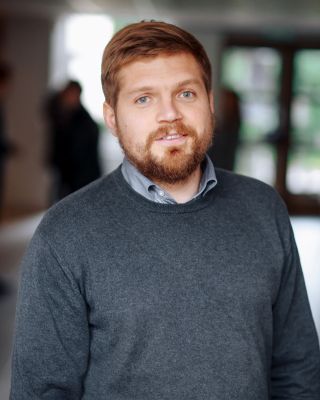
Jen Richter is an assistant professor in the School for the Future of Innovation in Society and School of Social Transformation at Arizona State University. She is also a senior sustainability scientist with the Julie Ann Wrigley Global Institute of Sustainability and Innovation at ASU. Her research interests are at the intersections of science, environment, and society, and she teaches courses on environmental justice, science and society, and energy policy. She is especially interested in how federal policies are created and then taken up by local populations, specifically in the American West. Professor Richter focuses on energy justice, specifically in relation to the cultural, political, and environmental issues that come with larger energy transitions. Her research has focused on the environmental and social issues related to nuclear waste storage, and renewable energy production, and how policies are developed to address issues of production of resources, as well as contamination of land, water, and air. By examining how science and technology policies collide with local expectations and understandings of environment and politics, Professor Richter explores the different effects of energy technologies and policies, and their effects on society at different scales, from the local to the global.Jen Richter
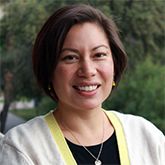
Hampton University Carmina Sánchez-del-Valle is Professor of the Department of Architecture at Hampton University in Virginia. She received a Bachelor in Environmental Design and a Master of Architecture professional degree from the University of Puerto Rico, and a doctoral degree in Architecture from the University of Michigan. She is a licensed architect registered in Puerto Rico. Sanchez-del-Valle has taught at the University of Kansas and the Florida Agricultural & Mechanical University. She is a recipient of the Hampton University Edward L. Hamm, Jr. Teaching Excellence Award, and is an ACSA Distinguished Professor. She has been a Fulbright-Hays Senior Scholar in Egypt collaborating with Dr. Amr Abdel-Kawi, an ASEE Fellow in NASA LaRC, and a FRN-NYU Summer Scholar-in-Residence. She is a member of the collaborative Mapping Meaning founded by Krista Caballero and Sylvia Torti. Her research has focused on the integration of computer-based tools into architectural education and practice for design thinking, and the management of design information. She has developed models for mapping historical districts as graphic relational databases. She has investigated the use of adaptive kinetic systems as analogical vehicles to teach about digital modeling, complex systems, and sustainability. She has written about graphic novels as thick descriptions of the city. Currently, she teaches the design research studio and advanced topics in building technology and community design. This last is connected to the micro seminar “Living by Water” she co-teaches with Dr. Amee Carmines from English Literature.Carmina Sánchez-del-Valle
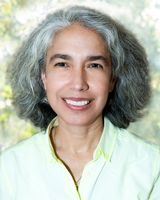
The Generator Project students
EHU: Maryia Suma, Yerafei Daineka, Živilė Mantrimaitė, Mikita Katlinski
ASU: Jackie Bussiere, Daja Burley
BCB: Aleksandra Vartsaba, Gabriela Cangussu dos Santos, Leonie Hüppe
The Generator Project field school organizing team
European Humanities University Siarhei Liubimau is a co-founder and lead of the Laboratory of Critical Urbanism (2007) and Associate Professor at the Department of Social Sciences at the European Humanities University in Vilnius (2014). For his doctoral research, he worked with the issue of trans-border urbanism and studied changes of EU internal and external border regimes as urban scale specific processes. Empirically, he worked on towns on the German-Polish and Polish-Belarusian borders (Institute of Philosophy and Sociology, Polish Academy of Science, 2005-2010), as well as with the borders of Luxembourg (Bauhaus-Dessau Kolleg 'EU Urbanism', 2006-2007). Starting from 2015, he has been engaged in the Laboratory of Critical Urbanism in various research, educational and soft planning projects in the former 'nuclear' town of Visaginas in Eastern Lithuania (satellite of the decommissioned Ignalina Nuclear Power Plant). Together with Benjamin Cope, he has edited a book 'Re-Tooling Knowledge Infrastructures in a Nuclear Town' (2021), documenting LCU work in Visaginas in 2016-2020. From 2018 he is part of CityIndustries research network. He has been a fellow at the Central European University (Budapest), the Institute for Human Sciences (Vienna) and the Helsinki Collegium for Advanced Studies.Siarhei Liubimau

